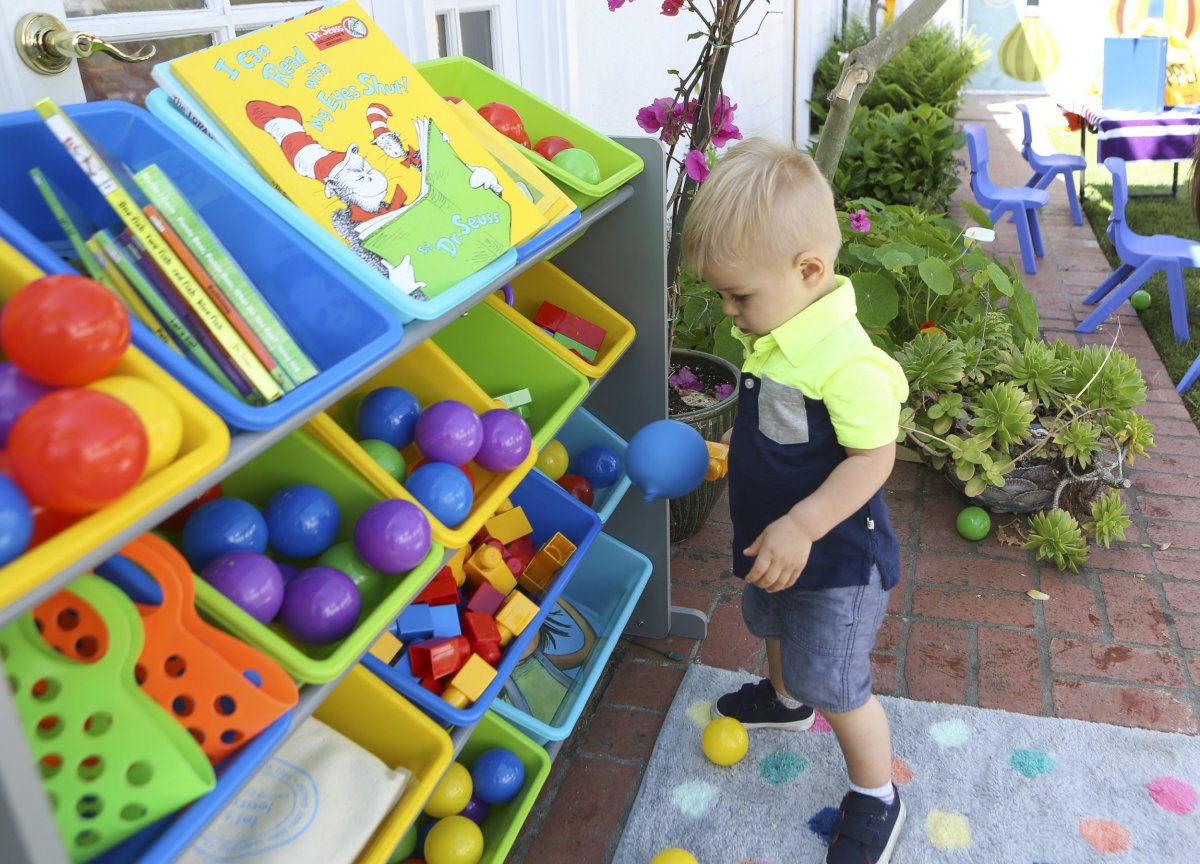The start of the school year frequently brings a rise in various illnesses among children and teens. This year is no different—and one of the latest illnesses on the rise is hand, foot and mouth disease.
While there is usually an uptick in the disease around this time of year, a doctor in Washington D.C., told WTTG-TV that he was seeing more cases than usual.
The disease is actually a viral illness that commonly affects kids under the age of five, including infants. Several different viruses cause it, so while those who are infected can gain antibodies to one virus, another could still cause the disease again. It's highly contagious and can spread rapidly through schools and daycares once one child is infected, according to the Centers for Disease Control and Prevention.
Cases in adults are typically less common, but this summer there have been several high-profile cases in athletes. The illness has appeared in both Major League Baseball and college football players this summer.
The symptoms vary from person to person and by age, and those who are infected don't usually experience all of their symptoms at once. The symptoms can include fever, reduced appetite, sore throat and other fairly common signs. The most striking symptoms of hand, foot and mouth, however, are the rash and the sores that sometimes form in the mouth. The red rash starts as flat red spots on the hands and feet and around the mouth, which can sometimes turn to blisters.
Usually, those who are infected remain sick for seven to 10 days and the illness goes away on its own. Only the symptoms can be treated, as there's no cure for hand, foot and mouth.
The virus that causes hand, foot and mouth is passed from an infected person to another either through the nose or throat secretions, feces or the fluid from the blisters that form, according to the CDC. It's recommended that anyone with the disease stays home, especially while they have blisters. Those who are infected, however, can stay contagious for weeks after their symptoms go away.
Disinfecting things sick people have touched, like children's toys and play areas in communal spaces, can be key to stopping the spread of the virus.

Uncommon Knowledge
Newsweek is committed to challenging conventional wisdom and finding connections in the search for common ground.
Newsweek is committed to challenging conventional wisdom and finding connections in the search for common ground.
About the writer
Nina was a breaking news reporter. She previously worked at Business Insider, The Boston Globe, and Boston.com.
To read how Newsweek uses AI as a newsroom tool, Click here.








